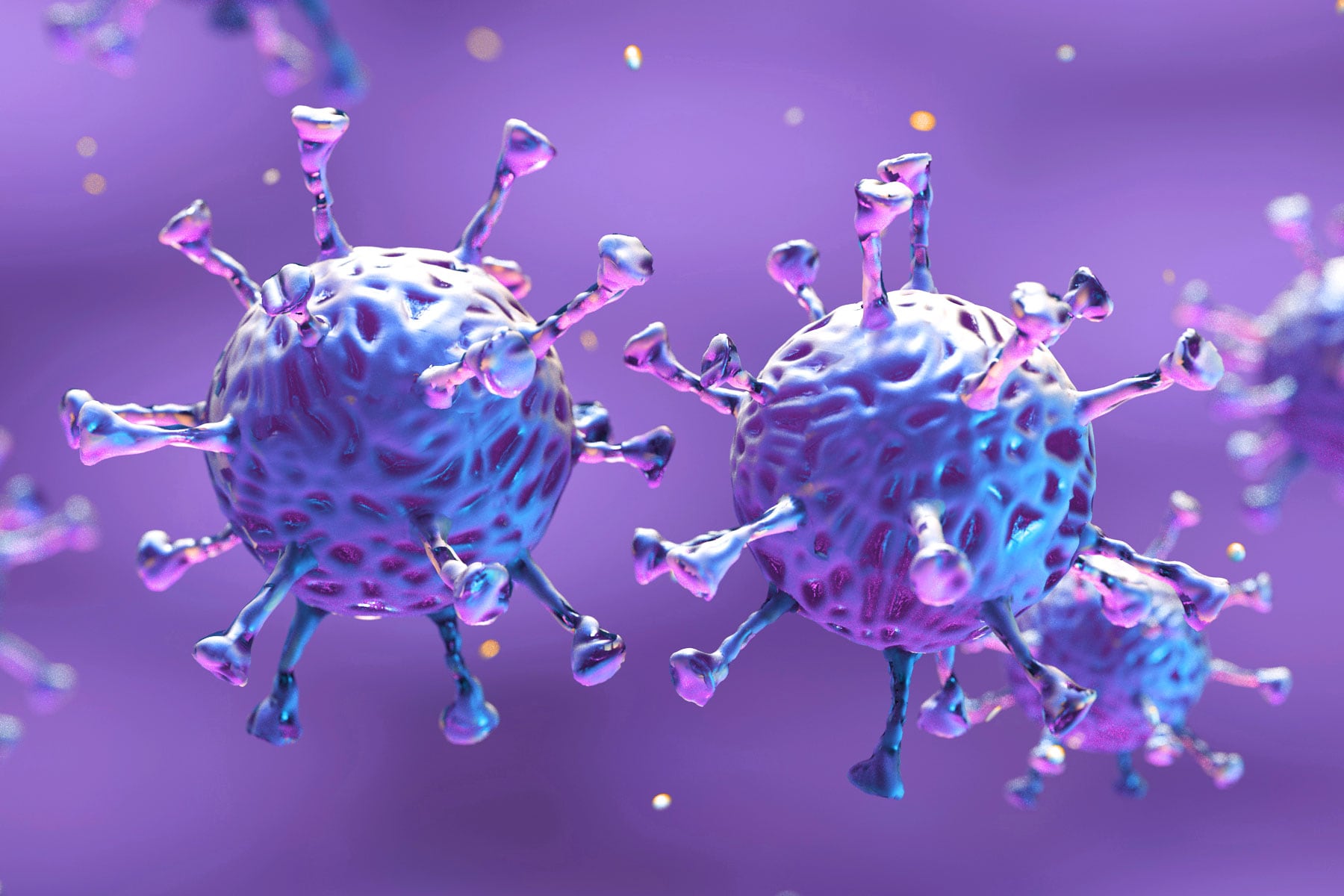Menopause Symptoms, Causes, Diagnosis and Treatment

What Is Menopause?
It is a stage in a woman’s life that indicates the termination of her reproductive period. It basically means the end of a woman’s menstruation. Reaching menopause leaves no chance to conceive a baby. It is a normal condition and every woman experiences it as she ages. On average, majority women tend to reach menopause between the ages of 48-52.
During menopause, the production of eggs is stopped by the ovaries, whilst they make lesser female hormones. Normally, when a woman reaches her mid-life, the levels of estrogen begin to fluctuate. Many women observe their menstruation gets unpredictable, as they becomes lighter, heavier or longer than usual, whilst the normal intervals between periods tend to change. As the estrogen level drops, a woman begins to miss out her menstrual periods altogether. Sooner or later, they end!
In addition to this, the complete transition takes around 3-5 years, while at this times; a woman can conceive a baby. Usually, the process take place slowly, however women those with damaged or lost ovaries can undergo menopause speedily. Menopause, as well as its symptoms can be physically and emotionally distressing.
What Are The Symptoms Of Menopause?
During the menopausal transition, one may notice the following symptoms:
- Vaginal dryness.
- Irregular periods.
- Hot flashes.
- Mood changes.
- Sleep problems.
- Night sweats.
- Dry skin.
- Thinning hair.
- Slowed metabolism.
- Weight gain.
What Causes Menopause?
Menopause may consequent due to:
- Natural reproductive hormones decline: as a woman reaches her late thirties, her ovaries begin producing fewer progesterone and estrogen (these hormones are responsible for regulating menstruation). This causes a decline in her fertility. In her early forties, her periods may get shorter or longer, lighter or heavier than usual. Period can be missed for months, until finally, by reaching the age of fifty one (average) her ovaries stop making eggs, resulting in no periods at all.
- The partial hysterectomy that removes the uterus and not the ovaries tends to root gradual menopause. While a woman stops having periods, yet her ovaries make progesterone and estrogen and release eggs. However, total hysterectomy wherein both the ovaries and uterus are removed causes immediate menopause.
In addition to this, following factors may also contribute in causing menopause; - Primary ovarian insufficiency.
- Radiation therapy.
- Chemotherapy.
What Are The Potential Complications Of Menopause?
Unfortunately, after menopause, a woman is more prone to experience few medical conditions such as:
- Weight gain.
- Sexual function.
- Urinary incontinence.
- Osteoporosis.
- Cardiovascular disease.
How Is Menopause Diagnosed?
Often, no tests and procedures are needed to determine that a woman has entered into the transition stage of menopause. Symptoms of the patient are sufficient enough for the doctor to decide.
How Is Menopause Treated?
Menopause is a normal condition and thus needs no treatment at all. Though, some medical treatments focus to ease the symptoms of menopause and avert or treat the chronic conditions that arise with aging. For the purpose, few treatment options are:
- Hormone therapy.
- Low-dose antidepressants.
- Vaginal estrogen.
- Drugs to manage or avert osteoporosis.
- Gabapentin.
By : Natural Health News




